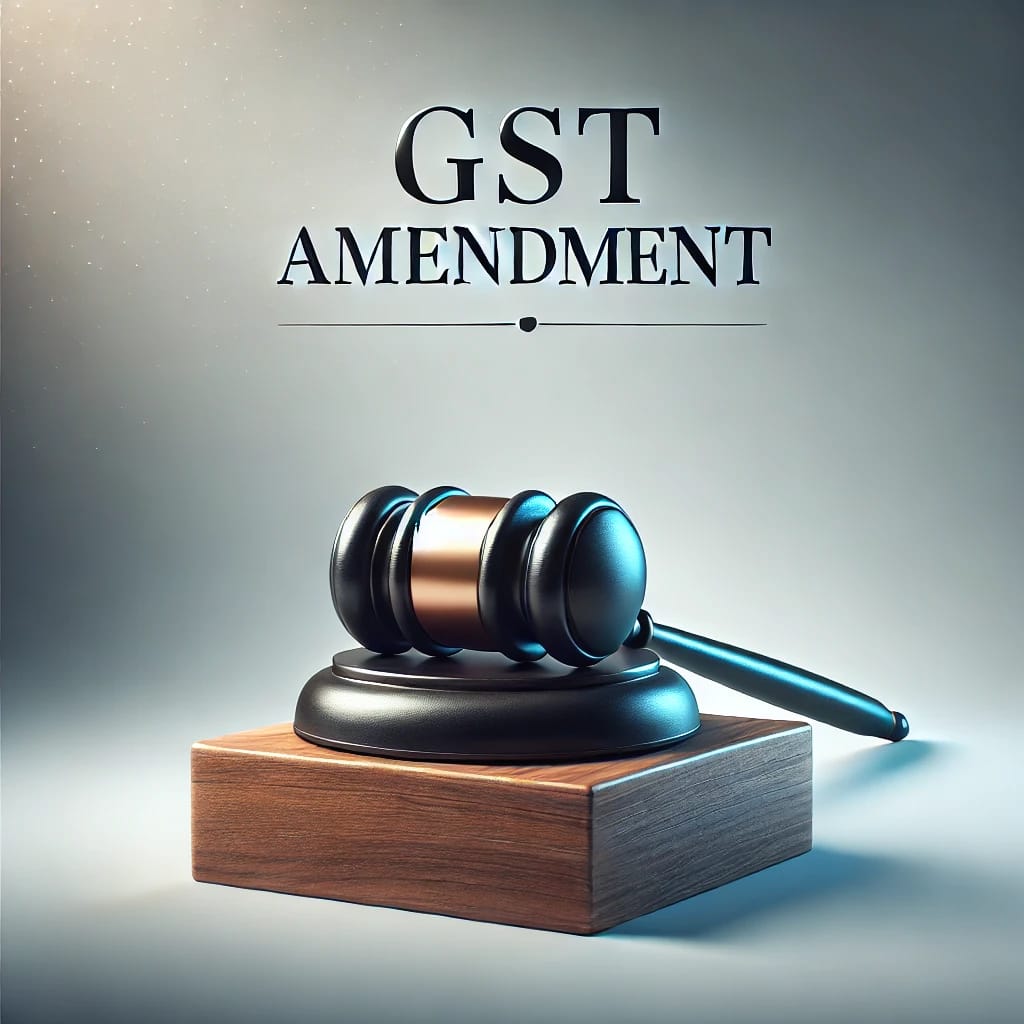
Karnataka Mineral Tax Act, 2024: Retrospective Tax to Impact Iron Ore Industry and Major Companies
The GST Council’s recent meeting in Jaisalmer led to key decisions aimed at improving the CGST Act. These changes, to be introduced in the upcoming Budget session, aim to enhance clarity, compliance, and efficiency in GST processes. They also address critical judicial precedents, leading to significant implications for various sectors.
Key Recommendations from the GST Council
- Amendment to Section 17(5)(d)
The Council suggested replacing the term “plant or machinery” with “plant and machinery” under Section 17(5)(d) of the CGST Act. This amendment applies retrospectively from July 1, 2017. It aims to create consistent interpretations but overturns the Supreme Court’s Safari Retreats judgment, which permitted real estate developers to claim ITC on construction costs for rental properties.
Legal experts have raised concerns, questioning the constitutional validity of this retrospective amendment. Many view it as a move to bypass judicial decisions.
- Track-and-Trace Mechanism
A proposed Section 148A introduces a track-and-trace system for goods prone to tax evasion. By implementing Unique Identification Marking, this mechanism seeks to improve transparency and monitor the movement of goods through the supply chain.
- Pre-Deposit Rules for Appeals
The Council recommended reducing the pre-deposit requirement for penalty-only cases:
From 25% to 10% of the penalty amount for appeals to the Appellate Authority.
A similar reduction for appeals to the Appellate Tribunal.
These changes aim to ease the burden on businesses during the appeals process.
- Amendments to Schedule III
The supply of goods warehoused in SEZs or FTWZs before export or domestic use will no longer qualify as a supply of goods or services. This aligns SEZ/FTWZ transactions with existing Customs bonded warehouse provisions, simplifying tax treatment.
- Multi-State ITC Distribution
Amendments to Section 2(61) and Section 20(1) of the CGST Act simplify the distribution of ITC for inter-state reverse charge mechanism transactions. These changes promote efficient business operations.
Impact and Implications
Real Estate Sector
The retrospective amendment may disrupt the real estate sector by disallowing ITC claims previously validated by courts. Businesses might face unexpected financial burdens.
Business Compliance
The track-and-trace mechanism aims to curb tax evasion and enhance transparency. Additionally, the simplified ITC distribution process will reduce compliance complexities for inter-state operations.
Trade Facilitation
Changes to SEZ/FTWZ provisions provide clarity, making it easier for exporters and domestic businesses to comply with tax rules.
Conclusion
These proposed amendments, set to take effect on April 1, 2025, bring significant changes to the GST framework. While they aim to improve compliance and streamline processes, the retrospective nature of some changes could spark legal challenges and industry pushback.
